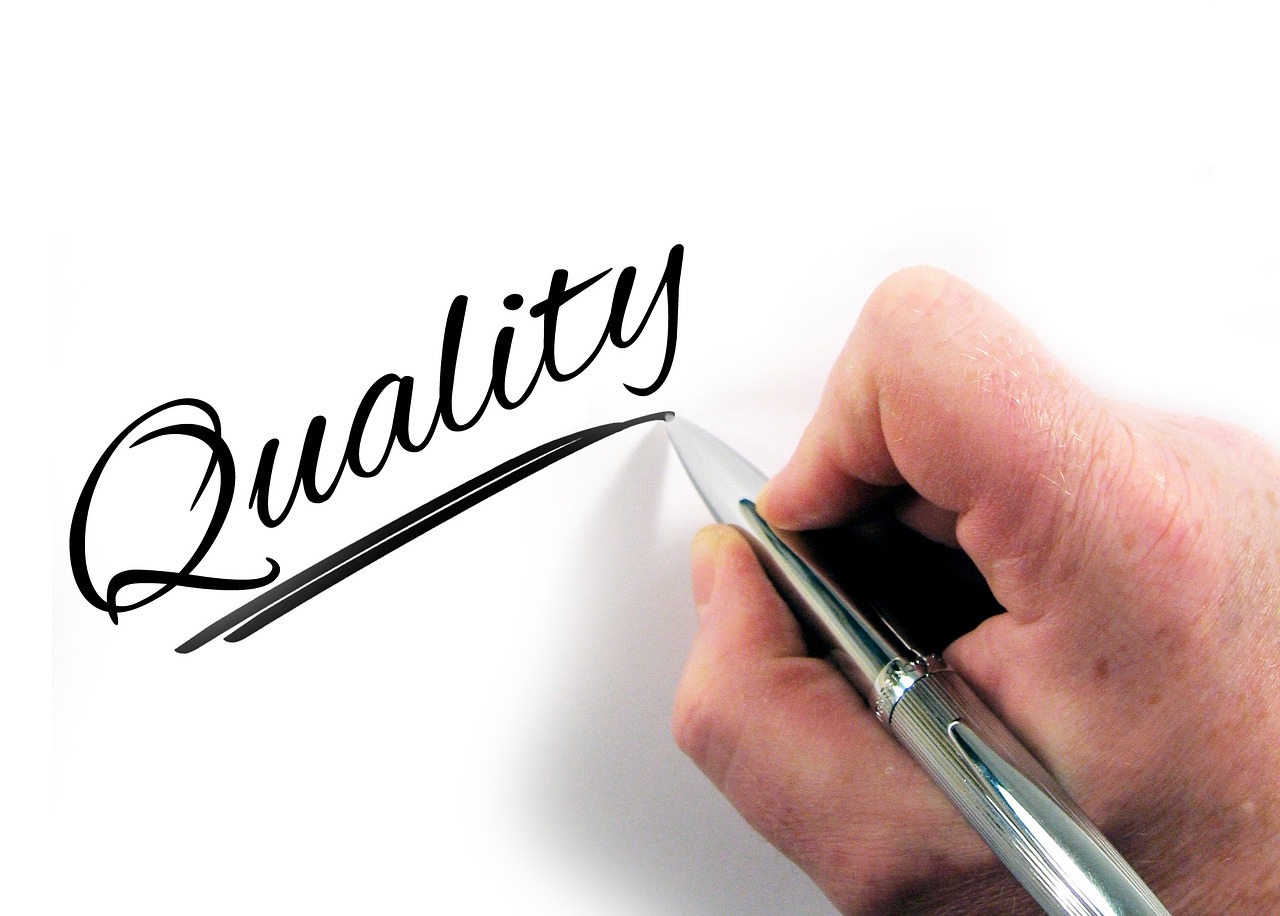Coronation Costs: A Financial Overview
The coronation of King Charles III in May 2023 has sparked debate over its staggering expense, which amounted to £72 million. This figure, revealed by government sources, raises questions about public funding during a time of economic strain in the UK. The event was touted by the Department for Culture, Media and Sport (DCMS) as a once-in-a-generation celebration, yet many citizens are critical of the financial burden placed on taxpayers.
Breakdown of Expenses
The costs associated with the coronation can be divided into two main categories:
-
Over £50 million was allocated by the DCMS for event coordination.
-
Almost £22 million went towards policing, funded by the Home Office.
These expenditures align closely with earlier unofficial estimates, which ranged between £50 million and £100 million. The coronation was notably smaller than Queen Elizabeth II’s ceremony in 1953, featuring a guest list at Westminster Abbey that was only a quarter the size of its predecessor.
As a state event, funding originated from both the UK Government and Buckingham Palace through mechanisms like the Sovereign Grant—derived from a portion of Crown Estate revenues—and the Privy Purse from the Duchy of Lancaster. As of March 2024, this private estate reported £647 million in net assets.
Public Sentiment and Criticism
Despite its grandeur, public sentiment regarding the coronation has been mixed, particularly given its timing amidst a cost-of-living crisis. A YouGov poll conducted just prior to the event indicated that 52% of Londoners opposed taxpayer funding for this royal ceremony.
Critics from campaign group Republic have labeled the coronation an “archaic parade,” arguing that funds spent could have better served public needs like free school meals. They emphasized that such lavish expenditures are inappropriate during challenging economic times.
According to Republic’s chief executive Graham Smith, it is “shameful” for King Charles to insist on such an extravagant display while many citizens struggle financially.
The event drew global attention, with an estimated audience of two billion people across 125 countries. It featured a star-studded guest list including dignitaries and celebrities alike, culminating in a concert at Windsor Castle that showcased renowned artists such as Katy Perry and Lionel Richie.
Looking Ahead
As discussions continue around royal expenditures and public sentiment towards monarchy support shifts, future events may require more scrutiny regarding their financial implications. The coronation serves as a pivotal moment that not only celebrates tradition but also reflects evolving societal values amidst changing economic realities.


